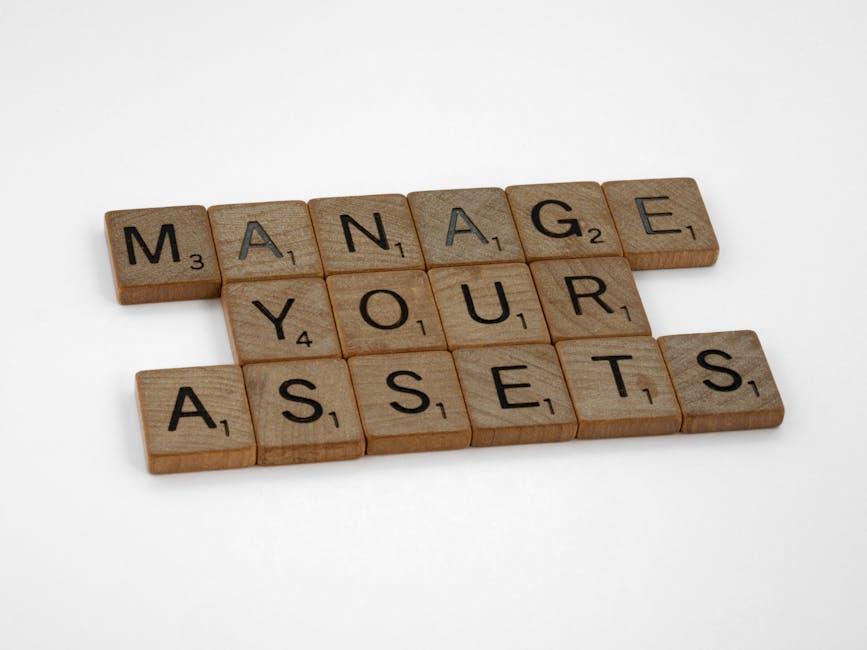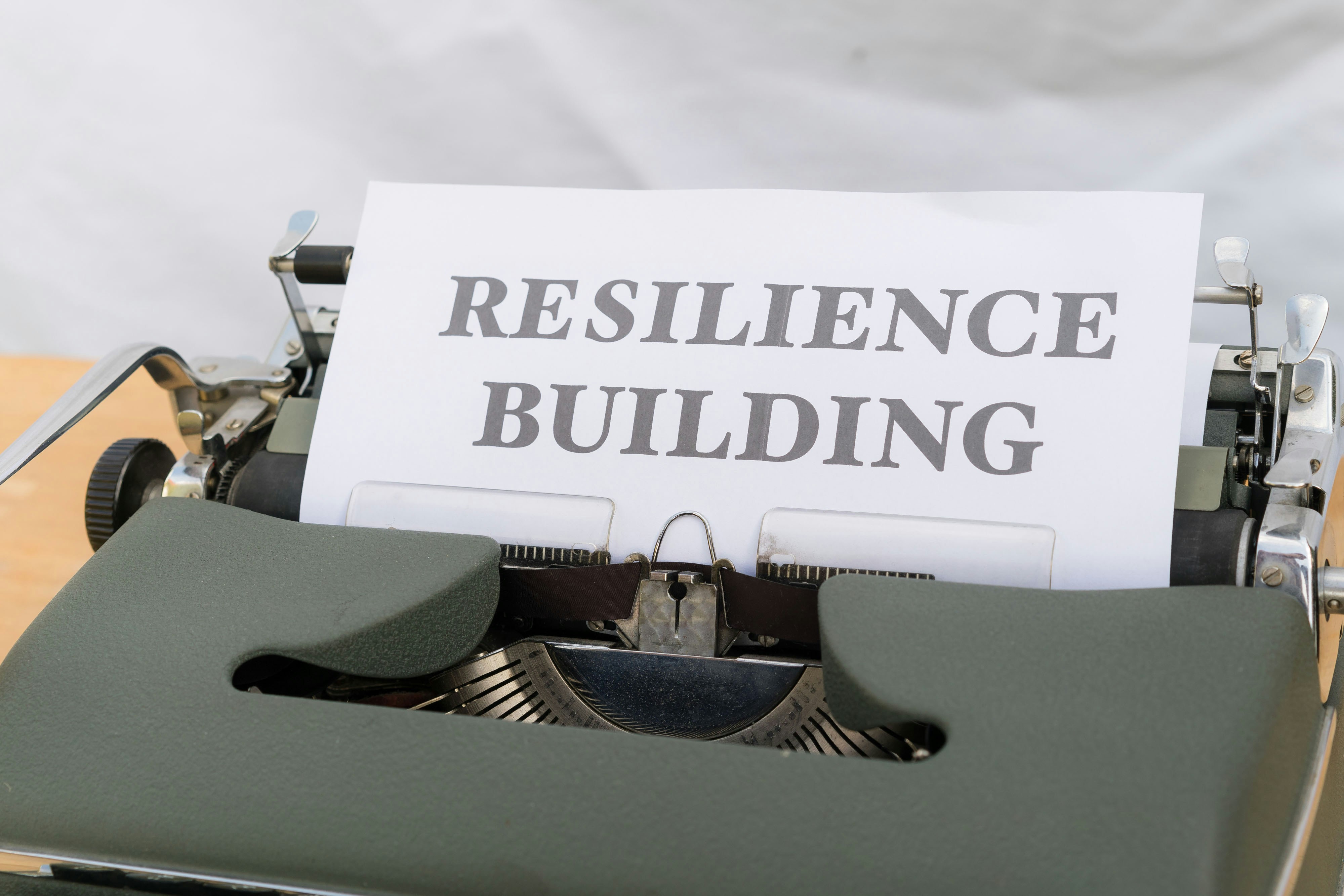Unlock Wealth: Invest in Intangible Assets for Growth
Investing isn't just about stocks and real estate anymore; it's about leveraging what makes you unique, especially your intangible assets. This concept of intangible assets encompasses everything from your skills and knowledge to your reputation and social networks. In a world that increasingly values innovation and personal branding, recognizing and using these assets can lead to substantial financial growth. Let’s explore how to identify these unique skills and strategic approaches to integrate them into your financial journey.
Understanding Intangible Assets
Intangible assets are non-physical assets that hold significant value. Unlike tangible assets, which you can touch and see, such as property and equipment, intangible assets include your expertise, brand recognition, and intellectual property. According to a report by the World Economic Forum, nearly 90% of a company's value in 2025 will come from intangible assets. This shift highlights the importance of understanding and investing in your unique capabilities and networks for personal financial growth.
The Evolution of Wealth: Why Intangible Assets Matter
The rise of the gig economy and digital platforms has transformed how we perceive and acquire wealth. Companies like Airbnb and Uber have demonstrated that leveraging personal skills and networks can result in incredible financial success. You don't need a large amount of capital to begin investing; you can start with what you already have—your skills and knowledge. Consider how your personal experiences can translate into a profitable venture or franchise of their own.
Recognizing Your Unique Skills
Before you can leverage your intangible assets, you need to recognize what they are. Start by conducting a personal inventory of your skills and experiences. Here are several questions to help you identify your unique abilities:
- What skills do you possess that can provide value to others?
- Are there niches or trends in your field that you’re particularly passionate about?
- What experiences have shaped your approach to problem-solving, creativity, or strategy?
Let’s dive deeper into evaluating these questions and how they can steer you toward investment opportunities.
Skill Evaluation Framework
-
Skill Mapping: Document all your skills and categorize them based on their relevance to current market demands. For example, if you have a background in finance, your skills may span budgeting, investment analysis, and market forecasting.
-
Market Alignment: Research current demands in various industries, using platforms like LinkedIn and industry-related forums. Which skills are in high demand?
-
Potential for Monetization: Reflect on how these skills can be packaged. For example, if you’re proficient in digital marketing, consider offering courses online or one-on-one consulting.
In essence, your skills are an investment waiting to be capitalized on, so identifying them accurately is crucial.
Creating Value: Leveraging Intangible Assets
Investing in your skills and networks requires a strategic approach. Here’s how you can effectively monetize your intangible assets:
Building Your Personal Brand
Your personal brand is your reputation in your industry. It reflects who you are, what you stand for, and why others should trust you. Follow these steps to build your personal brand:
-
Develop an Online Presence: Utilize platforms like LinkedIn or Medium to share insights related to your expertise. Write articles, participate in discussions, and engage with your network.
-
Network Strategically: Attend industry-relevant events, both in-person and virtual. Join groups or forums that align with your interests, ensuring you connect with the right people.
-
Craft a Unique Value Proposition: Determine what makes you stand out. This proposition will help you communicate clearly what you bring to the table.
Diversifying Your Investments

Just as you diversify financial portfolios, diversify your investment in your intangible skills:
-
Skills Investment: Use platforms like Coursera or Udemy to further develop your expertise. This can expand your skill set and increase your marketability.
-
Networking Investment: Allocate time weekly to connect with contacts. This could be through coffee chats, mentorship programs, or industry meetups.
-
Community Engagement: Investing in local projects or initiatives can be highly rewarding and fulfilling. Look into opportunities to volunteer your skills, which might open doors to future collaborations.
Examples of Intangible Asset Investments

To truly understand leveraging intangible assets, consider the following case studies:
-
YouTube Influencers: Creators monetize their unique skills in producing compelling content. They not only sell ad space but also collaborate with brands, proving the financial value of their personality and follower base.
-
Consulting Services: Professionals in finance, marketing, or HR increasingly monetize their expertise through consulting. They lend their knowledge to businesses while creating a significant source of income.
-
Intellectual Property: Authors and artists capitalize on their ideas and creativity by registering for patents or copyrights, turning their creative talents into powerful financial assets.
Unlocking Financial Growth Through Education

Investing in education is another critical aspect of leveraging intangible assets. The knowledge economy rewards those who continuously learn and adapt. Here are the pivotal educational pathways:
Continuing Education

Opt for courses related to your focus area. For example, if you are in marketing, staying abreast of digital tools and analytics trends can enhance your skill set significantly. Sites like Harvard Business Review provide insightful content on the rapidly-growing facets of finance and skill application.
Emotional Intelligence in Finance

Your ability to handle emotions, especially in financial matters, can significantly impact your decisions. A significant portion of investment decisions is tied to psychological factors. You can learn more about this through articles such as ‘The Psychology of Money’, which examines how emotions impact financial choices and success.
Building A Network for Success

Your social connections form a vital part of your intangible assets. The right connections can introduce new opportunities and partnerships. Here’s how to effectively utilize your network:
Social Capital Investment

-
Join Professional Organizations: Engaging in communities related to your skills helps broaden your professional reach.
-
Mentorship: Find a mentor willing to share insights and potentially open doors to new opportunities. Conversely, consider mentoring others; teaching often solidifies your understanding and creates opportunities.
-
Online Communities: Platforms such as Reddit and Quora offer venues for sharing knowledge and experiences while building valuable online relationships.
Final Thoughts: Invest Wisely in You

Investing in intangible assets means understanding your worth and how to leverage your unique skills for financial gain. By harnessing the power of your knowledge, personal brand, and networks, you can maximize your financial growth potential.
In a fast-evolving economic landscape, embracing your uniqueness is vital. Start by identifying your skills, building your brand, and diversifying your investment strategies—all while being mindful of your emotional and psychological motivations. Whether you're focused on passive income or entrepreneurial ventures, your intangible assets can serve as the foundation for a prosperous financial future.
Whether you’re exploring the intricacies of leveraging skills for financial success or looking to invest in community projects, the wealth of opportunities to angle your investments toward tangible outcomes is immense. By taking these steps, you're not just investing in your future but positioning yourself to thrive in a competitive world.









